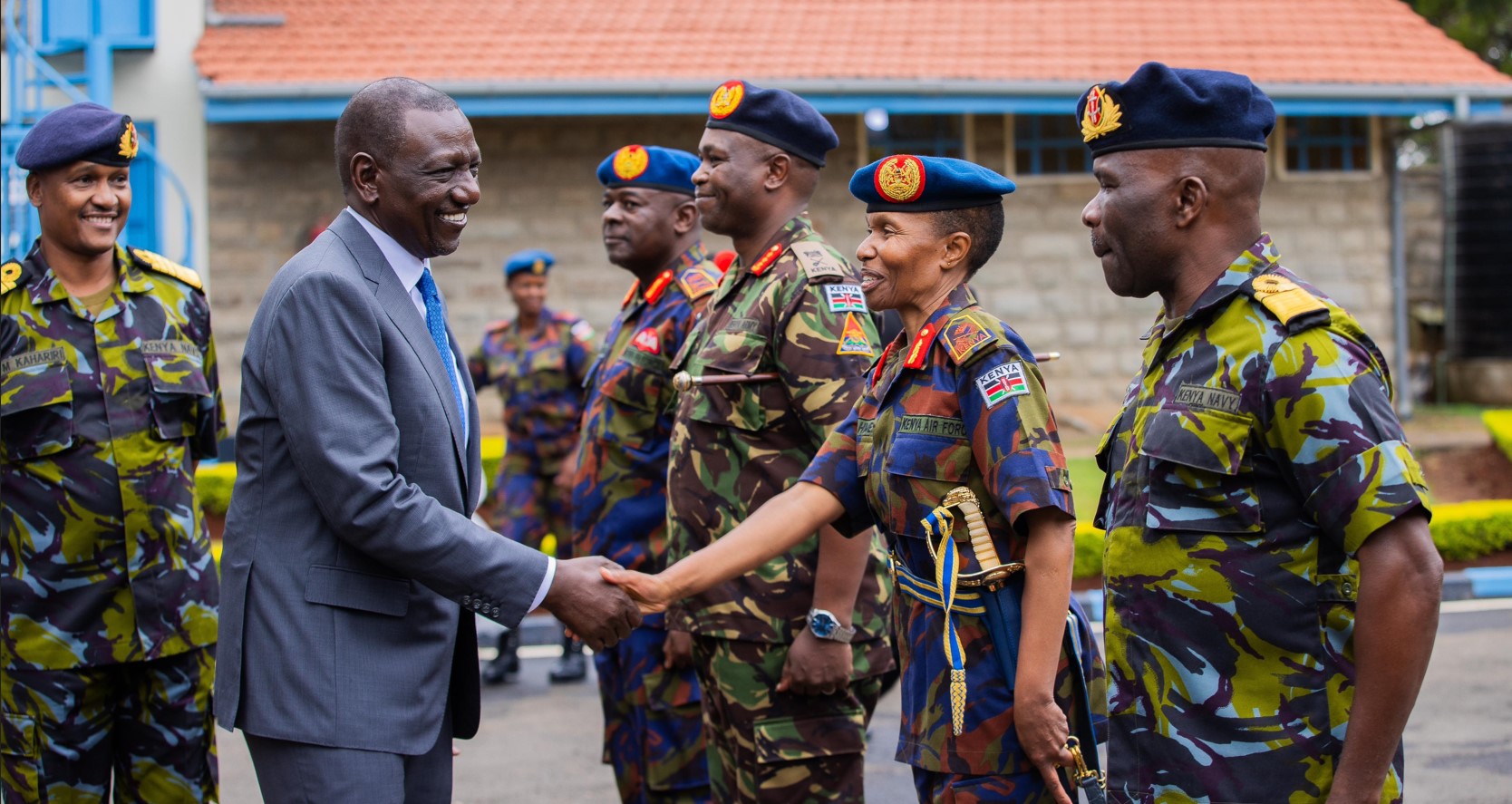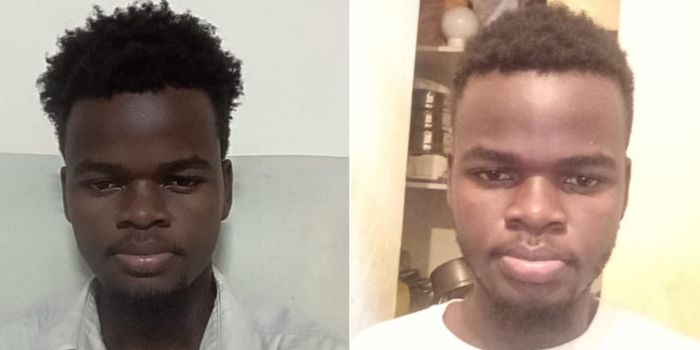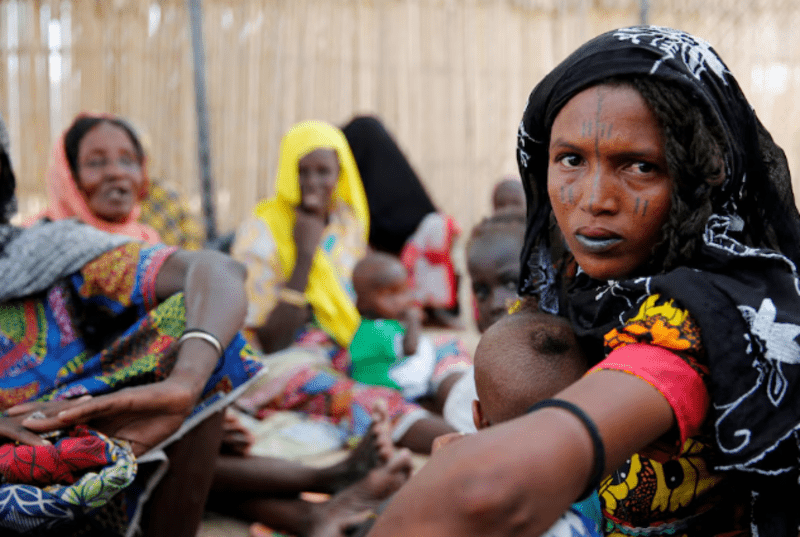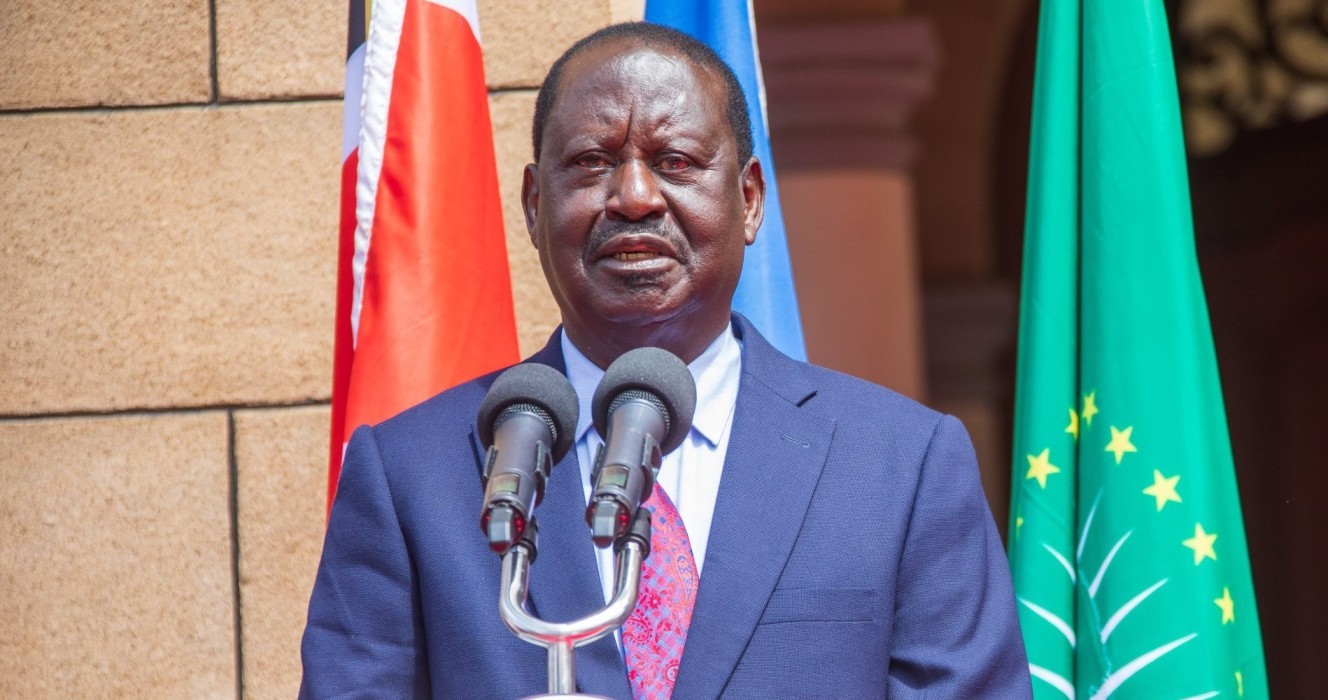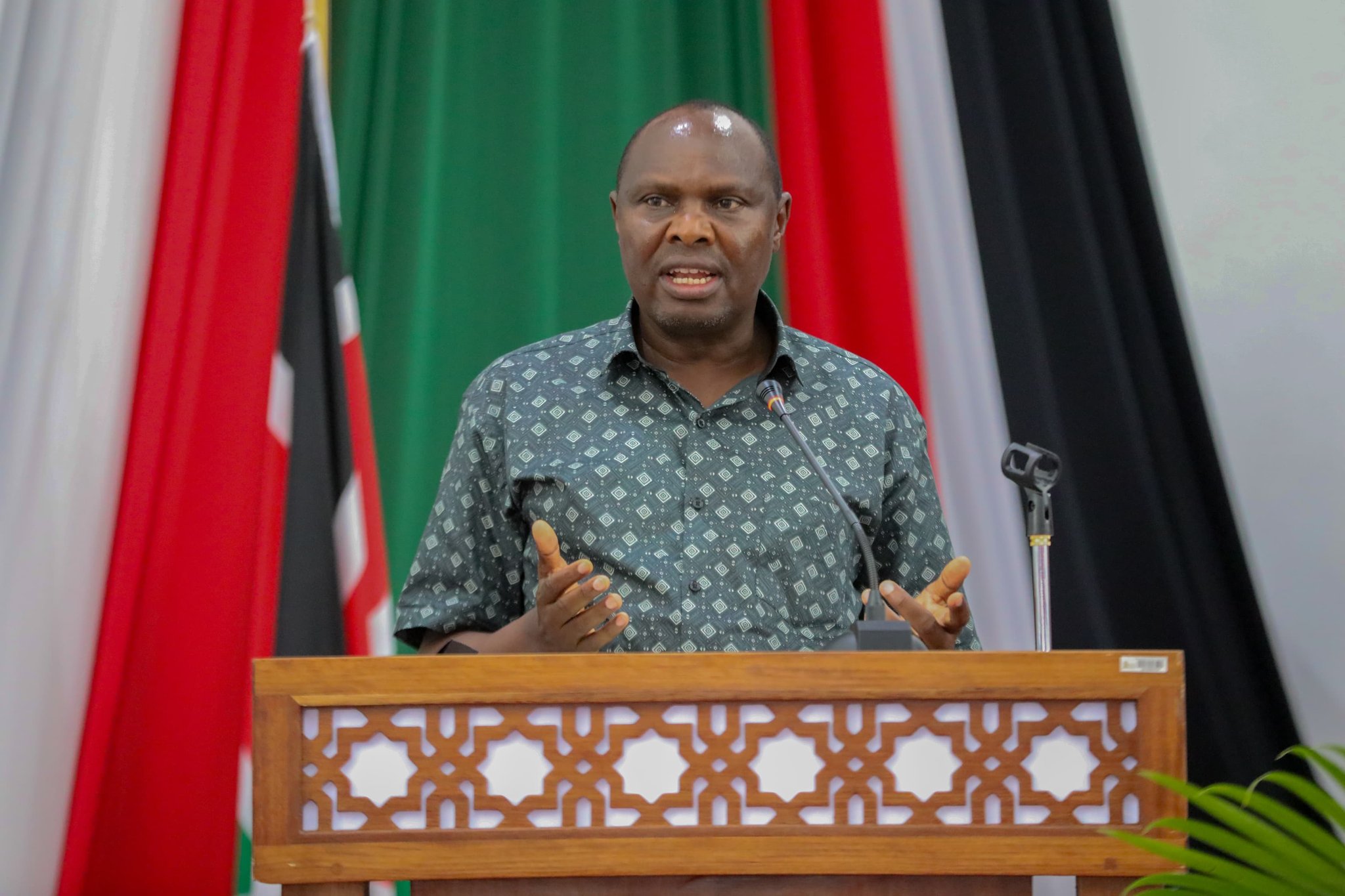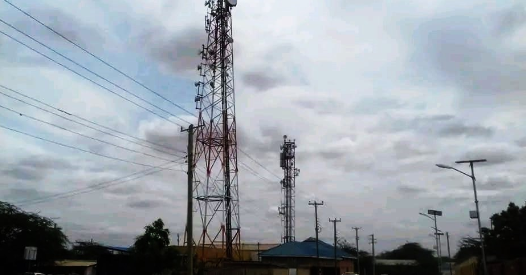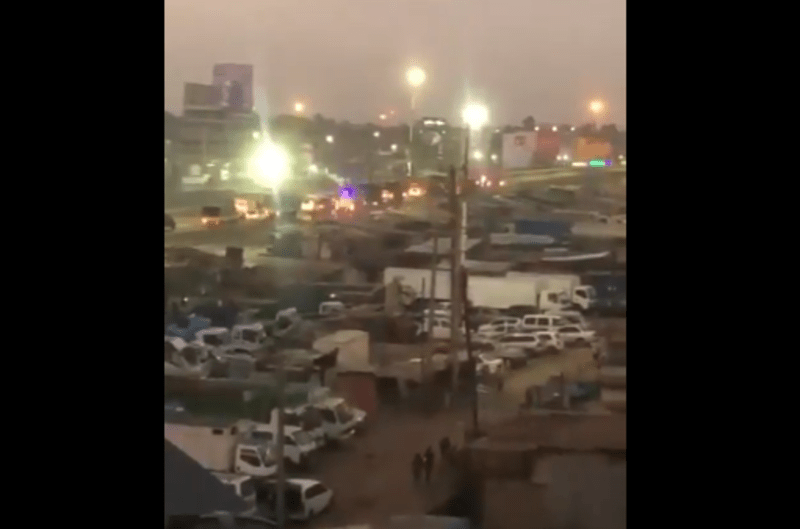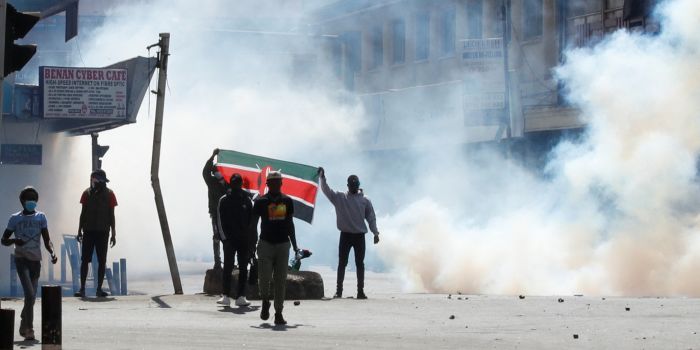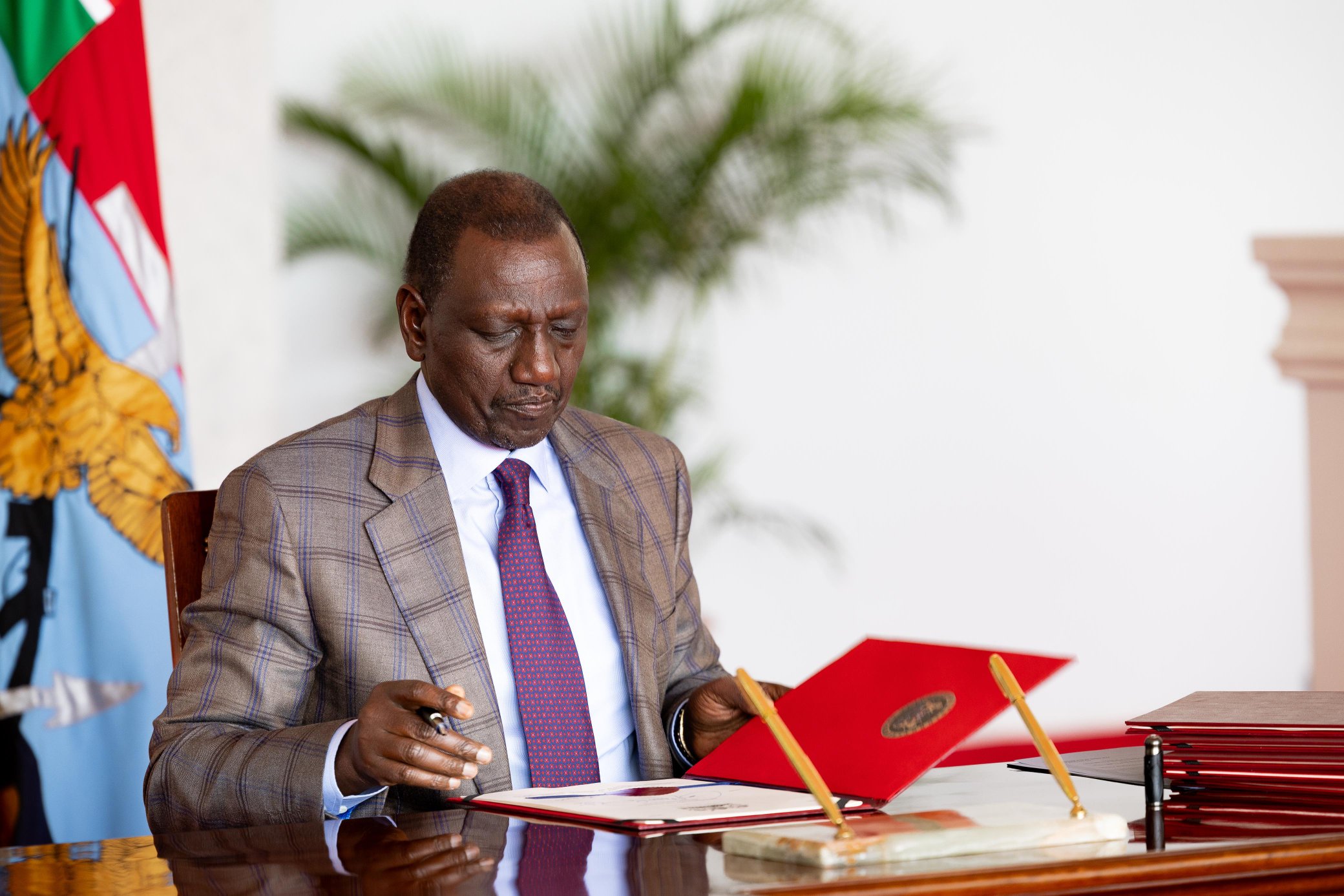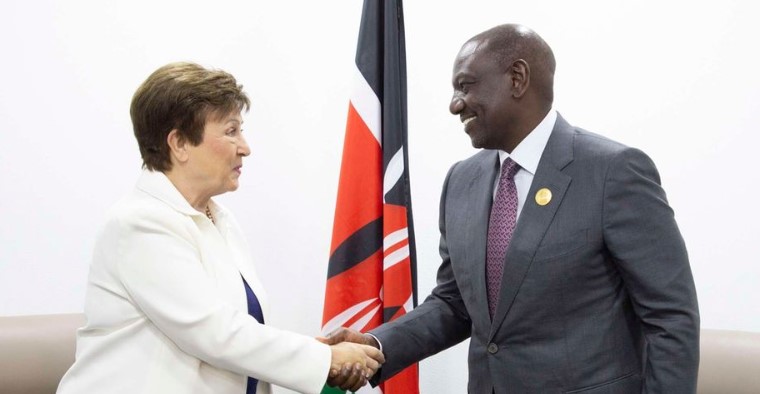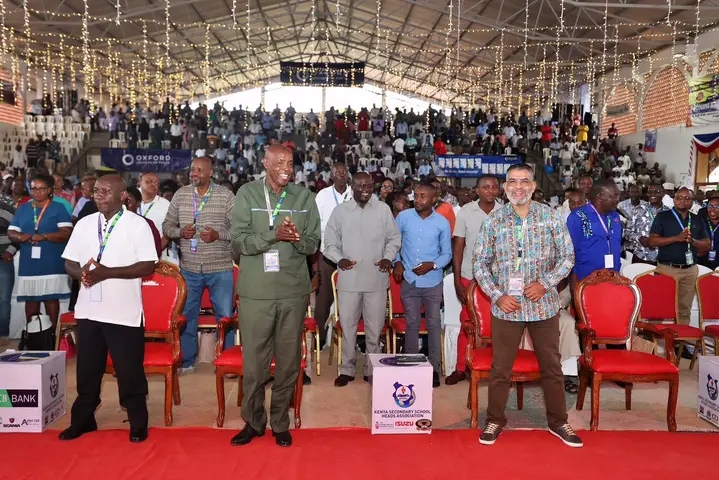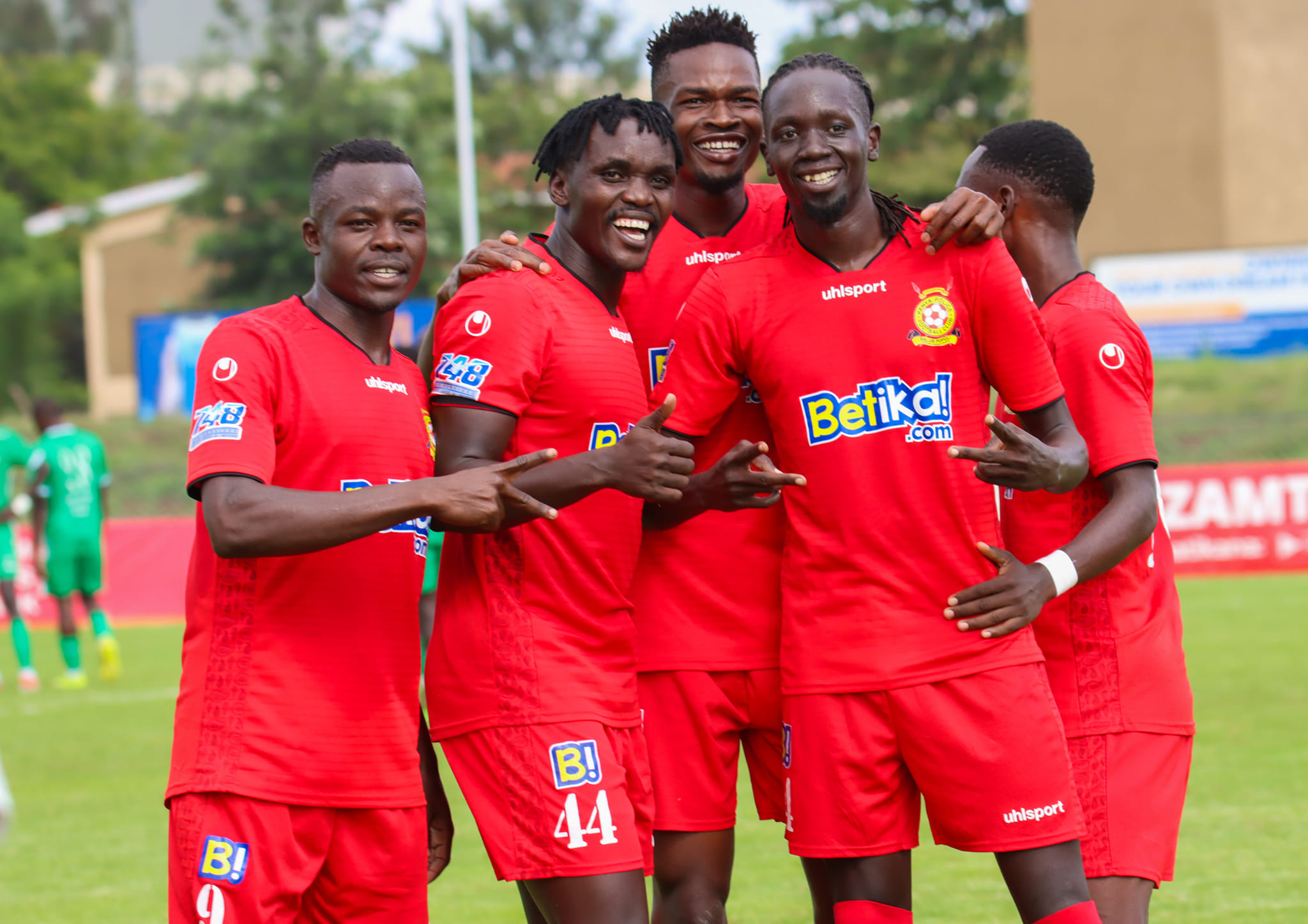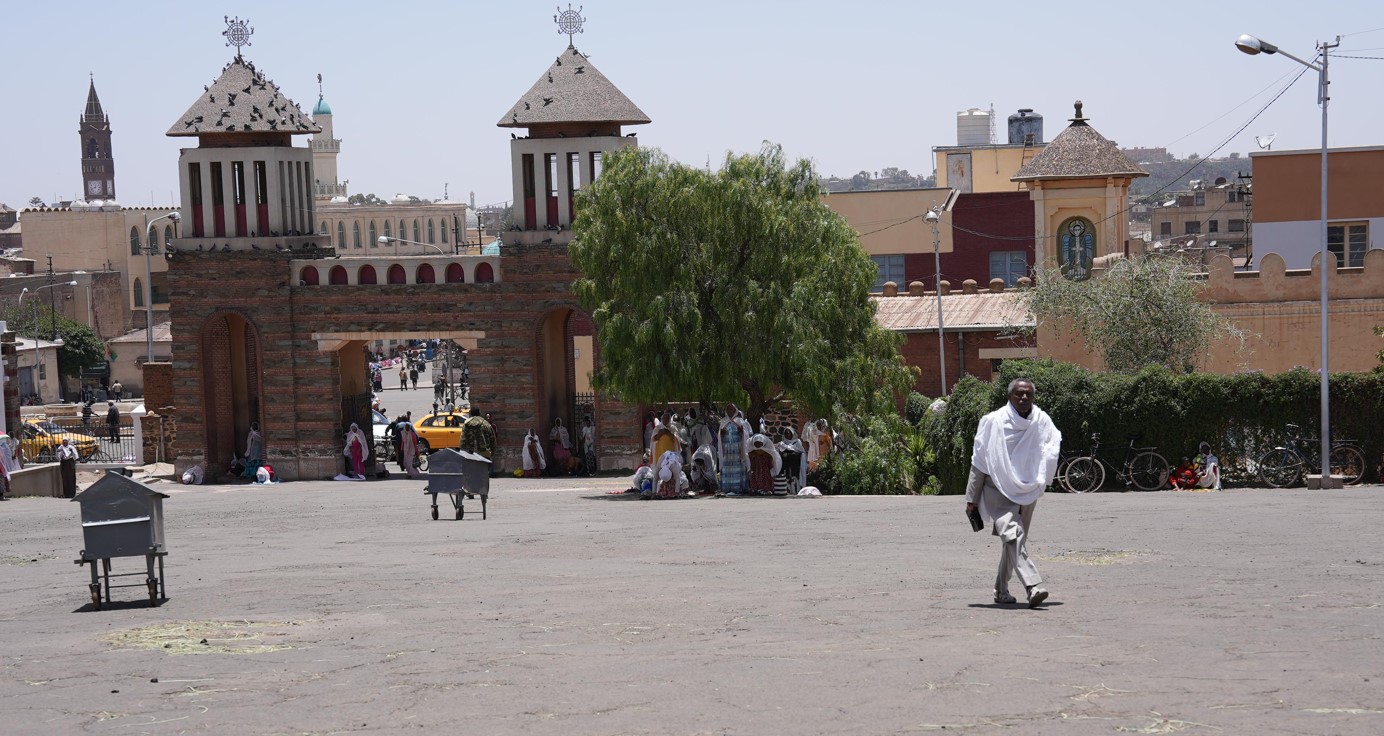Finance Bill protests: KMPDU offers free medical services, condemns 'state-sanctioned violence'
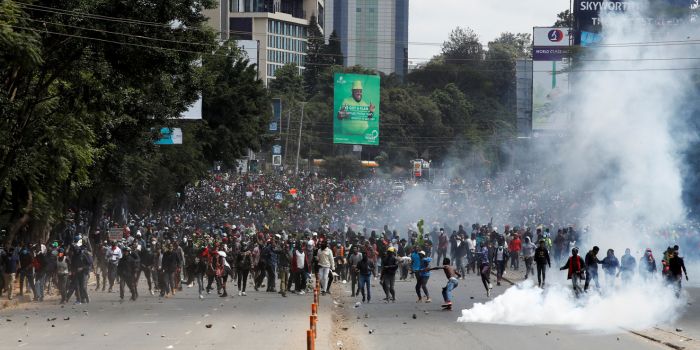
By Lucy Mumbi and Mwangi Maina |
While condemning excessive police action, which has included shootings, KMPDU called on authorities to refrain from suppressing peaceful and unarmed demonstrators.
The Kenya Medical Practitioners Pharmacists Dentists Union (KMPDU) has offered free medical services to members of the public injured during demonstrations against the Finance Bill, 2024.
In a statement on Tuesday, KMPDU Secretary General Davji Atellah urged members to join the street protests and provide medical assistance.
Keep reading
- After conflicting accounts, police report sheds light on Githurai night of terror
- Finance Bill demos: Kidnapped students Joshua Okayo, Regis Wanjala found
- Opposition MP seeks to seal loophole in Ruto's withdrawal of Finance Bill
- Hearing of LSK petition for court to order KDF troops back to barracks set for Thursday
“We, doctors, have just returned from a 56-day peaceful industrial action and are reminded of the state violence meted out during our peaceful protests," he said.
"We understand the need to protect democratic and civic spaces to raise collective discontent and have rallied our members to come out in all the street protests and offer free medical services to those who will be injured by overzealous police officers."
In addition to medical aid, the union offered sound systems to amplify the voices of protesters exercising their rights.
The demonstrations are taking place in several parts of the country, including Nairobi, Mombasa, Eldoret, and Nakuru.
Clashes between anti-riot police and demonstrators ensued in Nairobi's central business district and other towns, with the police using tear gas, water cannons, and guns to fight crowds that turned up with water and mobile phones to express their opposition to the bill.
"State-sanctioned violence"
While condemning the act, KMPDU called on authorities to refrain from suppressing peaceful and unarmed demonstrators.
“State-sanctioned violence is not the answer, and Kenya remains a democracy. We remind the government that even if they insist on violence, they cannot kill an idea whose time has come. This action started because Kenyans felt they were increasingly not heard on their grievances, prompting the youth to take action,” Atellah said.
He underscored that the protesters' broader aspirations are for democratic governance and fair representation.
“It began with young people rejecting the proposed finance bill that will see taxation rise once again and has become a broader struggle for democracy. The Kenyan youth have taken decisive action to demand change and ensure their voices are acknowledged,” he said.
The union reiterated that it strongly supports the demands for a democratic, accountable, and free government and country which prioritises the protection, creation and development of opportunity within Kenya, by and for all those who live and work in Kenya.
“A country free of poverty, disease, and ignorance as envisaged by our forbearers. We also support a country where ordinary people have a say in how their lives are governed. We call on the government to listen to the voices of the protesters in their rejection of the proposed bill. It is imperative to listen to all voices, including the young and the old, those who live in poverty and depend on public services,” he said.
Forced disappearances
The KMPDU also condemned the reported forced disappearances of individuals allegedly targeted by government agents in connection with the protests.
Among those who were allegedly arrested are Gabriel Oguda, a popular social commentator and vocal critic of President William Ruto’s government, a man identified only as Franje, Drey Mwangi and Osama Otero.
These latest cases follow that of Shadrak Kiprono, alias Shad Khalif, who was abducted on Saturday night in Nairobi’s South B area and whose whereabouts remain unclear.
“We remind the officers that Article 37 of the Constitution assures us of our rights to peacefully protest and present petitions in this current discomfiture. We intend to test every article of our hard-fought 2010 Constitution. May justice be our shield and defender,” Atellah said.
Protesters help policeman
Meanwhile, in a show of goodwill, protestors in Nairobi came to the aid of a police officer who was tear-gassing them, giving him water to wash his face to ease tear gas effects.
Protesters come to the aid of a police officer who was tear-gassing them, as he and his colleagues were overwhelmed by the tear gas they had used against #RejectFinanceBill2024 peaceful protesters, using water to ease the effects.
— The Eastleigh Voice (@Eastleighvoice) June 25, 2024
📸: Handout pic.twitter.com/klosd5GPDK
For the better of the afternoon, Nairobi witnessed high drama as the demonstrations intensified amid a vote by the National Assembly. The public wants the tone-deaf President Ruto to either scrap the bill, due to tax hikes or resign.
A journalist - AFP's Collins Olunga - was shot and injured on Tuesday and was taken to the Agha Khan Hospital.
The president is currently in Nakuru attending the African Union's institutional reforms retreat.
The AU earlier commented on the protests in Kenya, telling the government that "peaceful protest is protected under the African Charter on Human and Peoples' Rights" and urging it to explore "alternative measures to alleviate the financial burden on ordinary citizens."
The African Union Commission on Human and Peoples' Rights has also called on Ruto's Kenya Kwanza government to immediately release "individuals arrested for participating in peaceful protests, with utmost respect for due process of the law under Article 7 of the African Charter."
In a statement issued last Tuesday, the first day of the protests, the body's Country Rapporteur on Human Rights in Kenya, Solomon Ayele Dersso, expressed concern over recent developments related to a proposed tax bill in Kenya.
"The African Commission is concerned that the protests on June 18 have led to the arrest of over 300 individuals and underscores that peaceful protest is protected under the African Charter on Human and Peoples' Rights (African Charter)," the statement said.
"The African Commission reminds the Government of Kenya that when adopting such measures that would directly affect the socio-economic wellbeing of citizens, most notably the most vulnerable sections of society, it is a pre-requisite that affected people are adequately consulted and their concerns are adequately addressed to ensure that such measures are in compliance with the African Charter."
The statement urged the Kenyan government to engage with all stakeholders, including civil society organisations, community leaders, and the affected populations, to address these concerns.
"A participatory approach is crucial to ensure that the voices of the most vulnerable are heard and considered in policy-making processes," the AU said.



